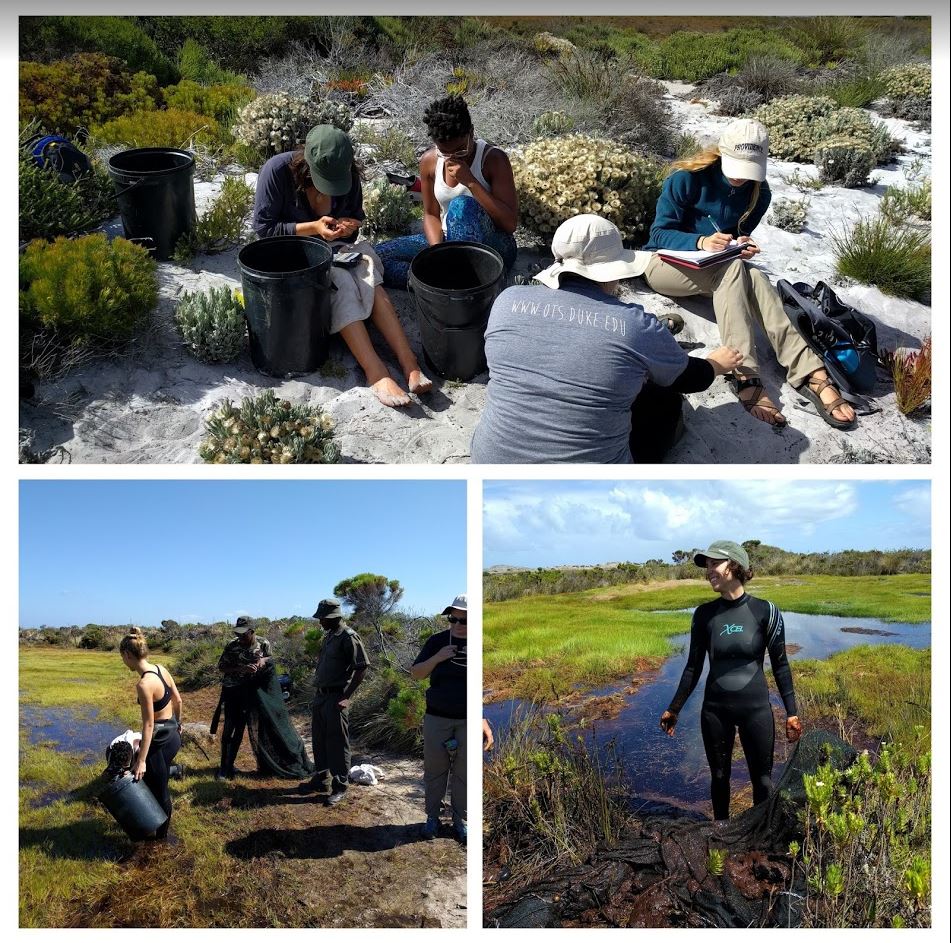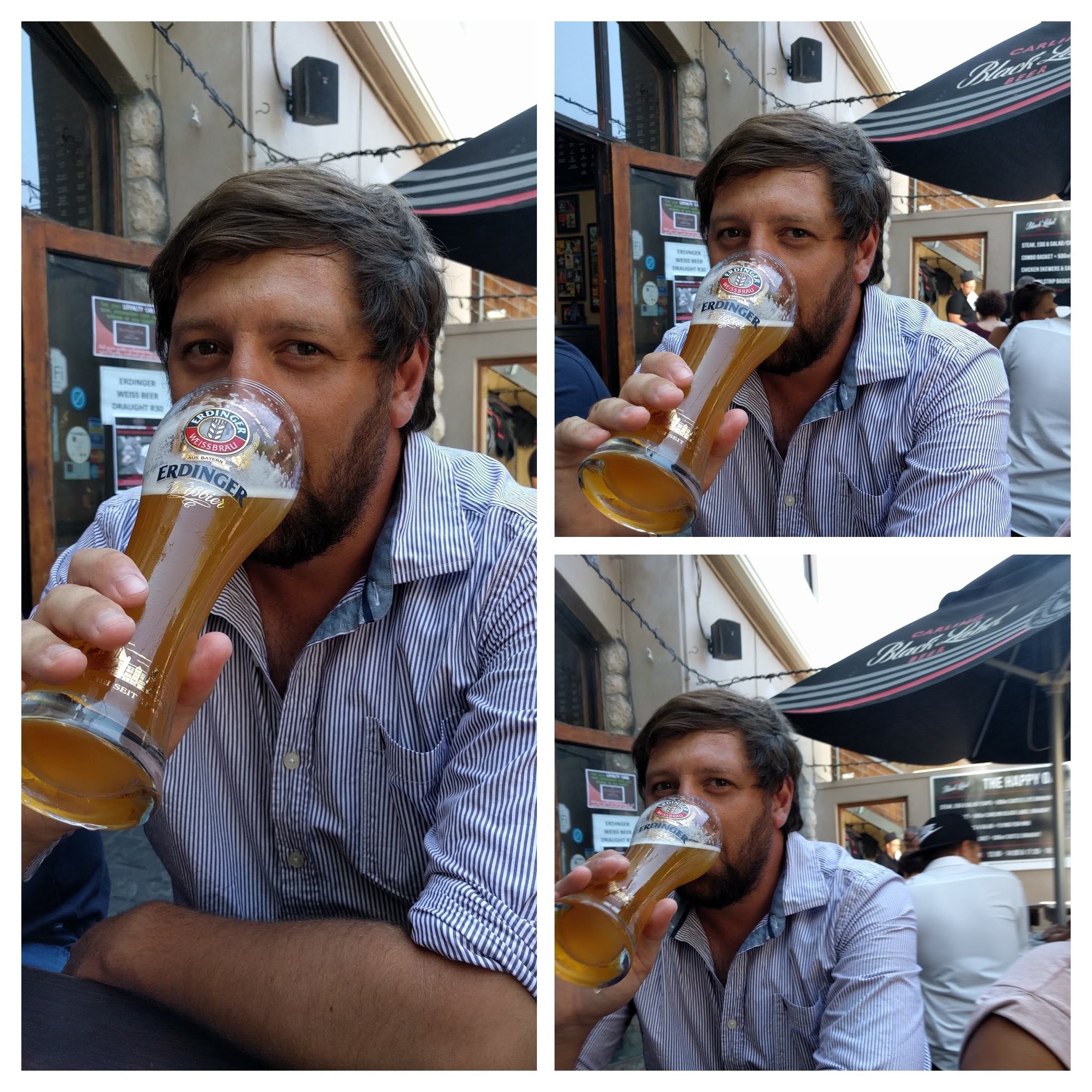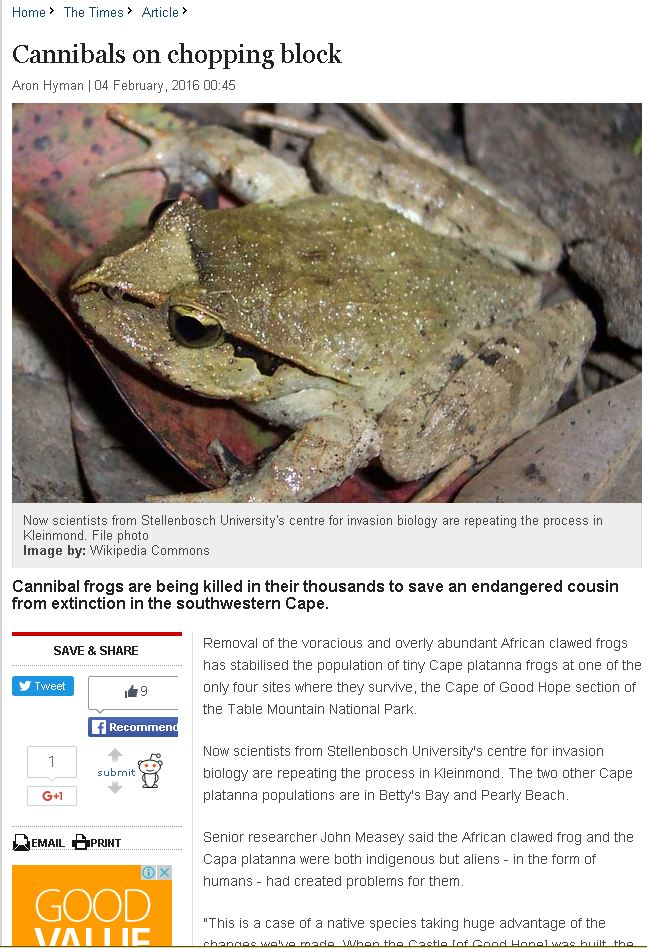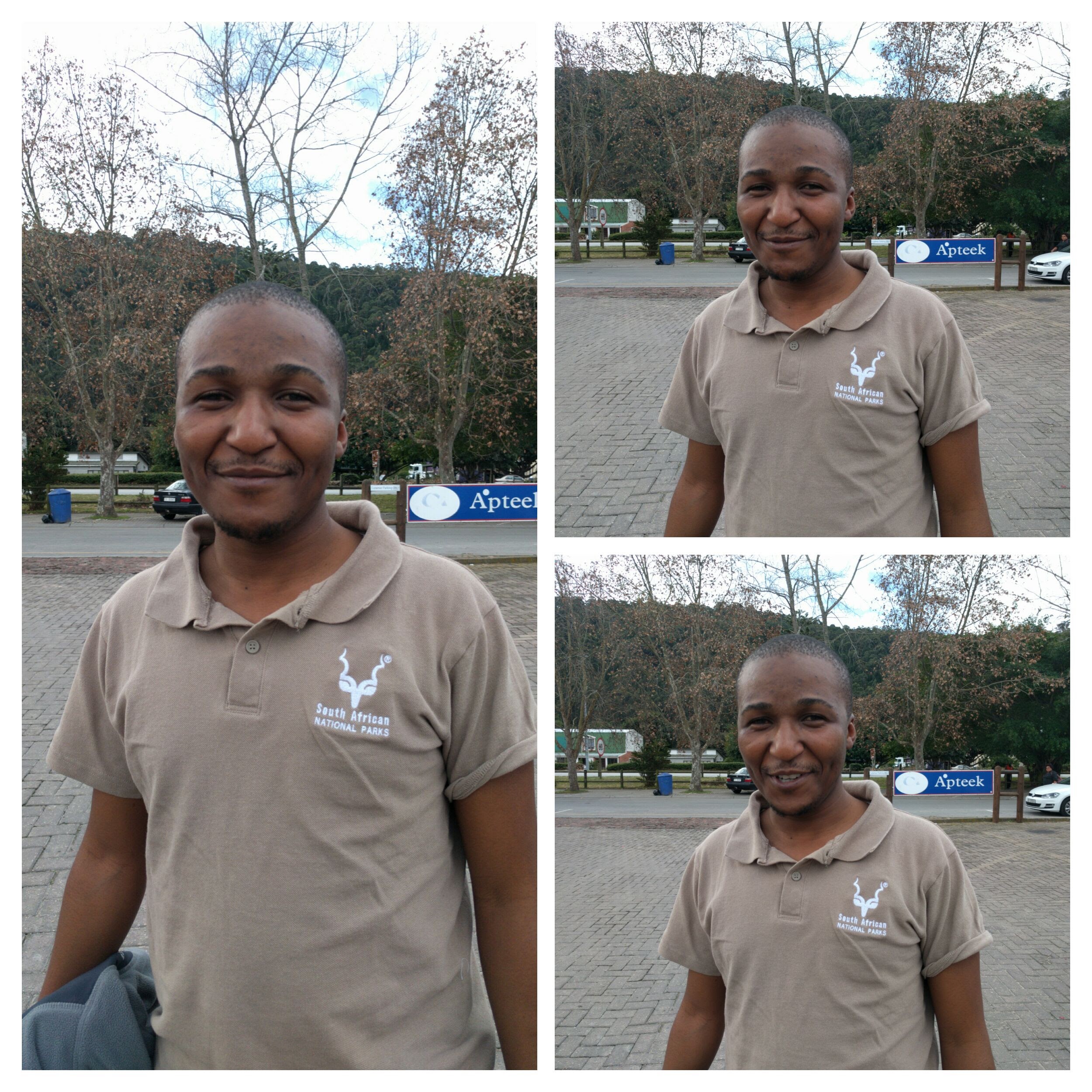How diverse are French populations of African clawed frogs?
Invasions are of populations and not species. This is a common trueism across many invasions of both plants and animals, and relates to the limitation of the original invading propagules. But sometimes, introductions are deliberate and the invasive population results from cultivated high genetic diversity. Knowing the origins of the invasion can be important in tackling the removal of the invasive population.
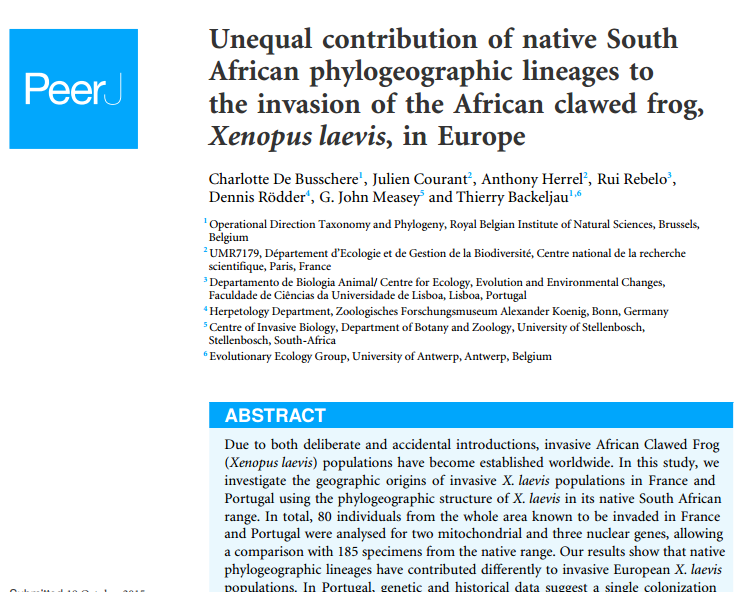
To date, every invasive population of Xenopus laevis investigated for genetic diversity has shown haplotypes consistent with their origin in the Western Cape, and more specifically from the areas collected for exports from around Jonkershoek. Now, a new study by De Busschere et al (2016) shows that this is also true for Portugal, but not for France. In fact, the diversity in France is so high that it rivals diversity seen in South Africa.
Unlike other invasions, the French population started from a CNRS breeding facility, so there may have been a deliberate intention to increase the genetic diversity of the breeding stock. Could this result in an increased hybrid vigor in the resulting invasive population? This question is currently being investigated in a collaboration funded by the European Union: INVAXEN.
